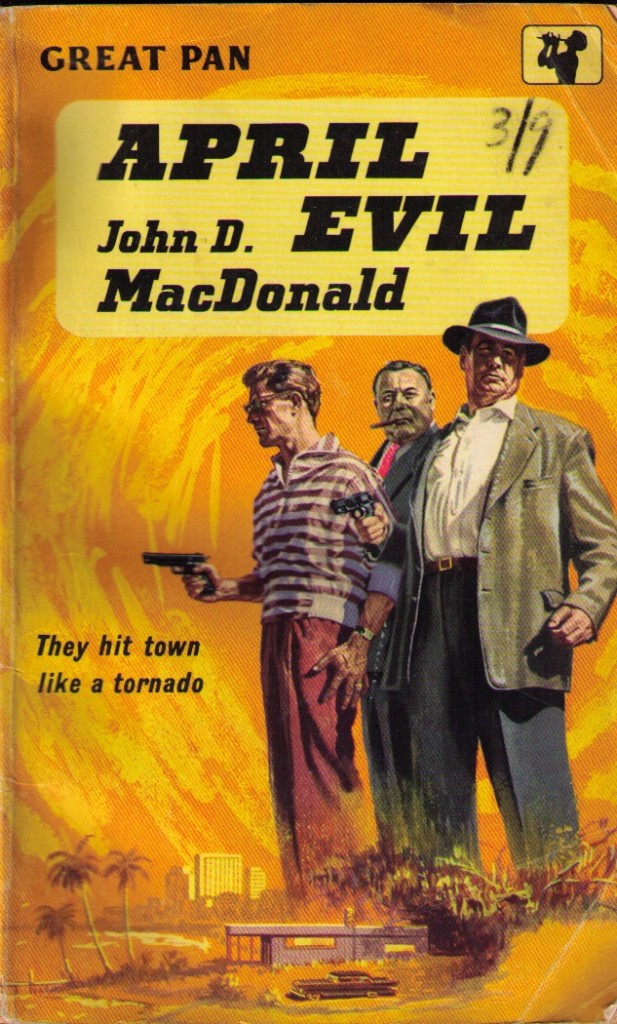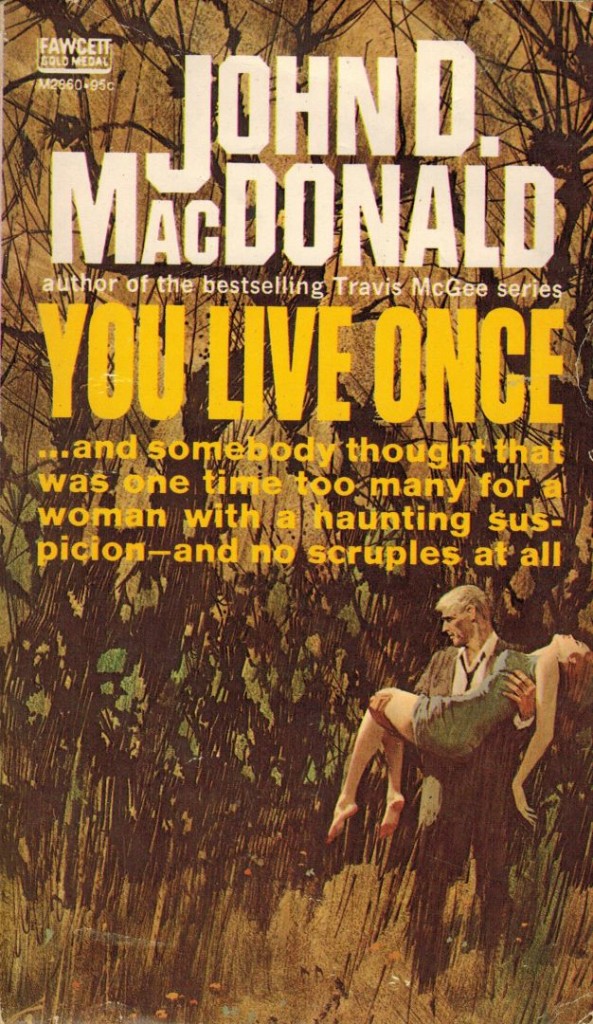Search
-
Recent Posts
- Dishing up Pulp Curry in a new way: why I am starting a Substack newsletter
- Book reviews: Deadly dames, midcentury Brit pulp and 1970s science fiction
- Mackenna’s Gold (1969): Gold, Ghosts and Frontier Violence
- Orphan Road book launch
- Orphan Road now available
- Pre-orders open for my new novel, Orphan Road
- Cover reveal: Orphan Road, my follow up to Gunshine State
- Breakfast in the Ruins podcast: New English Library Bikermania
- Why 1973 was the year Sidney Lumet took on police corruption
- Men’s Adventure Quarterly: Gang Girls issue
Categories
- 1960s American crime films
- 1970s American crime films
- 1980s American crime films
- 1990s American crime films
- Adrian McKinty
- Albert Dekker
- Andre De Toth
- Angela Savage
- Angie Dickinson
- Anthony Zerbe
- Asian noir
- Australian crime fiction
- Australian crime film
- Australian noir
- Australian popular culture
- Australian pulp fiction
- Australian television history
- Ava Gardner
- Beat culture
- Belmont Tower Books
- Ben Wheatley
- Billie Whitelaw
- Black pulp fiction
- Blaxsploitation
- Book cover design
- Book Reviews
- British crime cinema
- British pulp fiction
- Bryan Brown
- Burt Lancaster
- Carter Brown
- Charles Durning
- Charles Willeford
- Chester Himes
- Christopher G Moore
- Christopher Lee
- Cinema culture
- Claude Atkins
- Coronet Books
- Crawford Productions
- Crime Factory
- Crime Factory Publications
- Crime fiction
- Crime fiction and film from Africa
- Crime fiction and film from Cambodia
- Crime fiction and film from China
- Crime fiction and film from India
- Crime fiction and film from Indonesia
- Crime fiction and film from Japan
- Crime fiction and film from Laos
- Crime fiction and film from Latin and Central America
- Crime fiction and film from Malaysia
- Crime fiction and film from New Zealand
- Crime fiction and film from Scandinavia
- Crime fiction and film from Singapore
- Crime fiction and film from South Korea
- Crime fiction and film from Thailand
- Crime fiction and film from the Philippines
- Crime Fiction and film set in Vietnam
- Crime film
- Dangerous Visions and New Worlds Radical Science Fiction 1950 to 1985
- David Goodis
- David Peace
- David Whish-Wilson
- Derek Raymond
- Diana Dors
- Dirk Bogarde
- Don Siegel
- Don Winslow
- Donald Westlake aka Richard Stark
- Dystopian cinema
- Ernest Borgnine
- Eurocrime
- Fawcett Gold Medal Books
- Femme fatale
- Fernando Di Leo
- Filipino genre films
- Film Noir
- Forgotten Melbourne
- French cinema
- French crime fiction
- Garry Disher
- Gene Hackman
- George V Higgins
- Georges Simenon
- Ghost Money
- Giallo cinema
- Gil Brewer
- Girl Gangs, Biker Boys and Real Cool Cats: Pulp Fiction & Youth Culture, 1950-1980
- Gloria Grahame
- Gold Star Publications
- Gregory Peck
- Gunshine State
- Heist films
- Horror
- Horwitz Publications
- Humphrey Bogart
- Ian Fleming
- Interviews
- Ira Levin
- James Caan
- James Crumley
- James Ellroy
- James Hadley Chase
- James Woods
- Jim Brown
- Jim Thompson
- Joel Edgerton
- John Frankenheimer
- Joseph Losey
- Karen Black
- Kerry Greenwood
- Kinji Fukasaku
- Larry Kent
- Laura Elizabeth Woolett
- Lee Marvin
- Leigh Redhead
- Lindy Cameron
- M Emmet Walsh
- Mad Max
- Mafia
- Malla Nunn
- Martin Limon
- Megan Abbott
- Melbourne International Film Festival
- Melbourne Writers Festival
- Men's Adventure Magazines
- Michael Caine
- Michael Fassbender
- Mickey Spillane
- Monarch Books
- Ned Kelly Awards
- Neo Noir
- New English Library
- Newton Thornburg
- Noir Con
- Noir fiction
- Non-crime reviews
- Oren Moverman
- Orphan Road
- Ozsploitation
- Pan Books
- Parker
- Paul Newman
- Peter Boyle
- Peter Corris
- Peter Strickland
- Peter Yates
- Poliziotteschi
- Pulp fiction
- Pulp fiction in the 70s and 80s
- Pulp fiction set in Asia
- Pulp Friday
- Pulp paperback cover art
- Qui Xiaolong
- Raymond Chandler
- Richard Burton
- Richard Conte
- Robert Aldrich
- Robert Mitchum
- Robert Ryan
- Robert Stone
- Rock Hudson
- Roger Smith
- Rollerball
- Rosaleen Norton
- Roy Scheider
- Rural noir
- Sam Levene
- Sam Peckinpah
- Samuel Fuller
- Science fiction and fantasy
- Scripts Publications
- Sidney Lumet
- Sidney Poitier
- Simon Harvester
- Snowtown
- Snubnose Press
- Spies
- Stanley Baker
- Sterling Hayden
- Steve McQueen
- Sticking it the the Man Revolution and Counter Culture in Pulp and Popular Fiction 1950 1980
- Stuart Rosenberg
- Tandem Books
- Tart noir
- Tartan Noir
- Ted Lewis
- Toni Johnson Woods
- True crime
- Vicki Hendricks
- Victor Mature
- Vintage mug shots
- Vintage pulp paperback covers
- Wallace Stroby
- War film
- Westerns
- William Friedkin
- Woody Strode
- Yakuza films
- Yaphet Kotto
Nothing but noir
Recommended reading
The lurid world of pulp
- 20th century Danny Boy
- American Pulps
- Bear Alley
- Bloody, Spicy, Books
- Comics Down Under
- Everything second hand
- Existential Ennui
- Greenleaf Classic Books
- Irv O. Neil's Erotica is My Trade
- Killer Covers
- Lost Classics of Teen Lit 1939-1989
- Luminist Archives
- Men's Pulp Mags
- Mporcius Fiction Log
- Murder, Mayhem and Long Dogs
- Neglected Books
- Nocturnal Revelries
- Paperback Warrior
- Paperbacks of the Gods
- Pop Sensation
- Pulp artists
- Pulp Covers
- Pulp Crazy
- Pulp Flakes
- Pulp International
- Pulp Magazines Project
- Pulp Serenade
- Realms of the Night
- Romance Fiction Has a History
- Rough Edges
- Sin Street Sleaze
- Spy Guys and Gals
- The department of Afro American Research Arts & Culture
- The Dusty Bookcase
- The Haunted World of Richard Sala
- The Moon Lens
- The Nick Carter & Carter Brown Blog
- The Pulp & Paperback Fiction Reader
- Too Much Horror Fiction
- True Pulp Fiction
- Vault of Horror
- Vintage Nurse Romance Novels
- Vintage Romance Novels
- Welcome to the Pan Paperback
- Yellow and Creased
Support This Site
If you like what I do please support me on Ko-fi
Tag Archives: Fawcett Gold Medal Books
Pulp Friday: the pulp of John D MacDonald
 “He Sold His Soul For Another Man’s Wife.”
“He Sold His Soul For Another Man’s Wife.”
This weeks Pulp Friday is a selection of covers from the prolific US thriller writer, John D MacDonald.
MacDonald got his start writing for pulp magazines in the late forties, then rode the paperback boom that occurred in the fifties and early sixties. He was the author of over sixties books, as well as numerous short stories and articles.
He is probably best know for creating the fictional private investigator Travis McGee, who featured in 21 of McDonald’s books.
A number of his books have been adapted for film and television. His novel The Executioners was filmed as Cape Fear, starring Gregory Peck, Robert Mitchum and Polly Bergen, in 1962, and again by Martin Scorsese in 1991. One of the McGee books, Darker Than Amber, was made into a film of the same name, starring Rod Taylor, in 1970.
The following selection of covers spans the late fifties to the early seventies and include many of the Fawcett Gold Medal editions of McDonald’s work, as well as the UK Pan paperback additions.
Enjoy.
Posted in Fawcett Gold Medal Books, Gregory Peck, Noir fiction, Pan Books, Pulp fiction, Pulp fiction in the 70s and 80s, Pulp paperback cover art
Tagged Cape Fear, Cape Fear (1962), Darker Than Amber, Death Trap, Dress Her in Indigo, Fawcett Gold Medal Books, John D MacDonald, Neon Jungle, On The Run, One Monday We Killed Them All, Pan Books, The Damned, The Drowner, The Only Girl In the Game, The Quick Red Fox, Travis McGee, You Live Once
Pulp Friday: Night Squad by David Goodis
 “They gave him back his badge – and sent him down into the brutal throbbing heart of the slums.”
“They gave him back his badge – and sent him down into the brutal throbbing heart of the slums.”
The first Pulp Friday for 2014 needs no introduction, Night Squad by the legendary US noir writer, David Goodis.
The cover above is from the first printed edition of the book, by Gold Medal Books in 1961.
I love the seamy noir atmosphere created by this cover. I also love the back cover blurb:
“The loneliest man on earth.
The Night Squad wanted Corey on its team, and the racket boys wanted him, too.
The trouble was that Corey wanted them both. But the cops had offered Corey only a badge, while Walter Grogan had bribed him with big money. Both sides were brutal, both knew as much about the slums as the rats infesting it. And Corey Bradford walked a tightrope between them, not knowing whether the man who smiled at him one day would be aiming a bullet at his head the next.”
Enjoy.
Pulp Friday: biker pulp
“Lusting females with sadism and sex on their mind.”
Bikers were one of the major themes of pulp fiction in the late sixties and seventies.
Society’s fascination with bikers obviously dates back much further than this, but by the late sixties it had well and truly seeped into popular culture, thanks to the well publicised violence at Aldamont, movies like Easy Rider (1969) and the success of Hunter S Thompson’s 1965 gonzo journalism classic, Hells Angels.
Australia was no exception to this trend, with concerns about law and order arising from the growth of the counter culture and the popularity of movies like Stone (1974) and Mad Max (1979) resulting in our own fascination with bikie culture.
The result was wave of pulp novels focusing on the exploits of outlaw biker gangs and the cops trying to break them. The books mirrored mainstream society’s fascination/loathing of bikie culture, real and imagined, mixed with lashings of gratuitous sex and hard-core violence.
Wheels of Death (1975) and Bikie Birds (1973) are two Australian examples of biker pulp fiction. Both were written by Stuart Hall, who penned approximately 45 pulp novels between 1970 and 1980, including a number of biker pulps for Scripts, the adults-only inprint of Sydney-based pulp publisher Horwitz Publications.
In addition to writing about the denim clad male members of these bikie gangs, Hall devoted considerable attention to the women (or ‘birds’ as women were often referred to in popular working class Australian slang) who rode with them, characters every bit as sexually loose and violent as their male counterparts.… Read more
Posted in Australian crime fiction, Australian pulp fiction, Fawcett Gold Medal Books, Horwitz Publications, New English Library, Pulp fiction, Pulp fiction in the 70s and 80s, Pulp Friday, Pulp paperback cover art, Scripts Publications, Vintage pulp paperback covers
Tagged Alex R Stuart, Angels on My Mind, Bikie Birds, Bikie Rumble, Birds of Destruction, Blood Circus, Easy Rider (1969), Fawcett Gold Medal Books, Hells Angels, Hip Pocket Sleaze, Horwitz Publications, Hunter S Thompson, Jon Harrison, Mad Max (1979), Mick Norman, New English Library, Scripts Publications, Stone (1974), Stuart Hall, The Devil's Rider, Thomas K.Fitzpatrick, Vengeance is a Woman, Wheelie, Wheels of Death


































